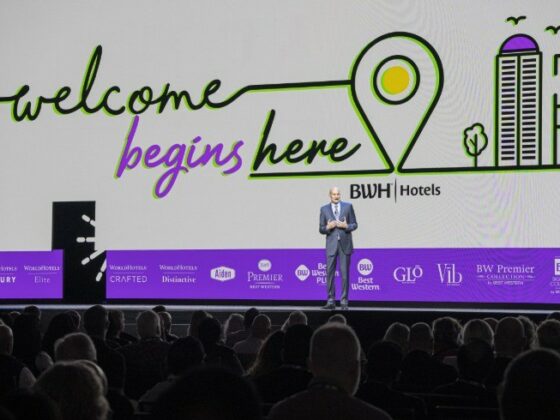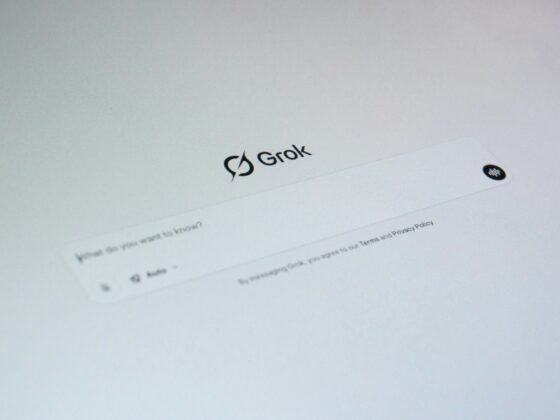
Engage with Your Teams
A successful AI rollout requires clear, consistent communication. Emphasizing AI’s purpose and how it benefits employees will build confidence and acceptance. If, for instance, an AI tool is being introduced to handle routine guest inquiries, agents should understand that this will help them concentrate on alleviating other, more impactful guest needs.
Ongoing dialogue is also essential. Open forums and feedback loops allow agents to share their experiences and voice concerns, providing valuable insights that can help refine the AI tool’s use. This two-way communication fosters a culture of trust and collaboration, which is essential when integrating new technology into guest services.
Implement Performance Check-ups
AI is not a “set it and forget it” tool. Hospitality leaders must monitor its impact on both employees and customers. That means regular follow up to ensure that the technology aligns with the goals of supporting staff and improving guest experiences.
Quantitative metrics for contact center agents are equally important. Tracking data like response times, issue resolution rates, and guest satisfaction scores can offer insights into how well the AI solution is performing. But qualitative feedback is also crucial. What kind of feedback are you hearing from employees and guests? Are AI tools making things easier for them, or creating confusion and frustration?
For example, an AI-powered customer service chatbot might improve efficiency, but if customers express dissatisfaction with the lack of human interaction or limited functionality, adjustments must be made. Whether that means refining the tool’s capabilities, providing additional training, or ensuring that a human backup is available when needed, the goal is for AI to act as a supportive partner to your agents, not as a replacement.
Avoid Over-Reliance on AI and Strive for Balance
For hospitality professionals, it’s tempting to view AI as a catch-all solution for reducing labor costs and optimizing operations. However, over-reliance on automation can have negative effects. Fully automated service can fall short in handling complex guest issues, causing frustration and potentially damaging brand loyalty.
AI offers enormous potential to improve hospitality operations, streamline processes, and enhance guest experiences. But technology should always be integrated in a way that complements the human element of service—the empathy, creativity, and flexibility that only people can provide. By balancing AI with the human touch, hoteliers can get more out of their technology investments, creating a better work environment for agents and delivering efficient, memorable experiences to guests.
The hospitality industry thrives on personal connections and genuine care. Technology should not overshadow that. When implemented thoughtfully, AI can empower employees to focus on high-value interactions and ensure that guests receive both the efficiency of automation and the warmth of human engagement. That’s a balanced formula for long-term business success.
About the Author
Jennifer Lee has 20 years’ experience in the contact center industry with more than 15 years as a people leader. Throughout her career, Jennifer has served in a variety of roles in the contact center space, including operations, quality, workforce management, and client services. As President and Co-CEO, Jennifer leads the operations and people management of the organization. Prior to this role, Jennifer has served as Chief Operating Officer, Chief Strategy Officer and has led the Customer Success organization.








